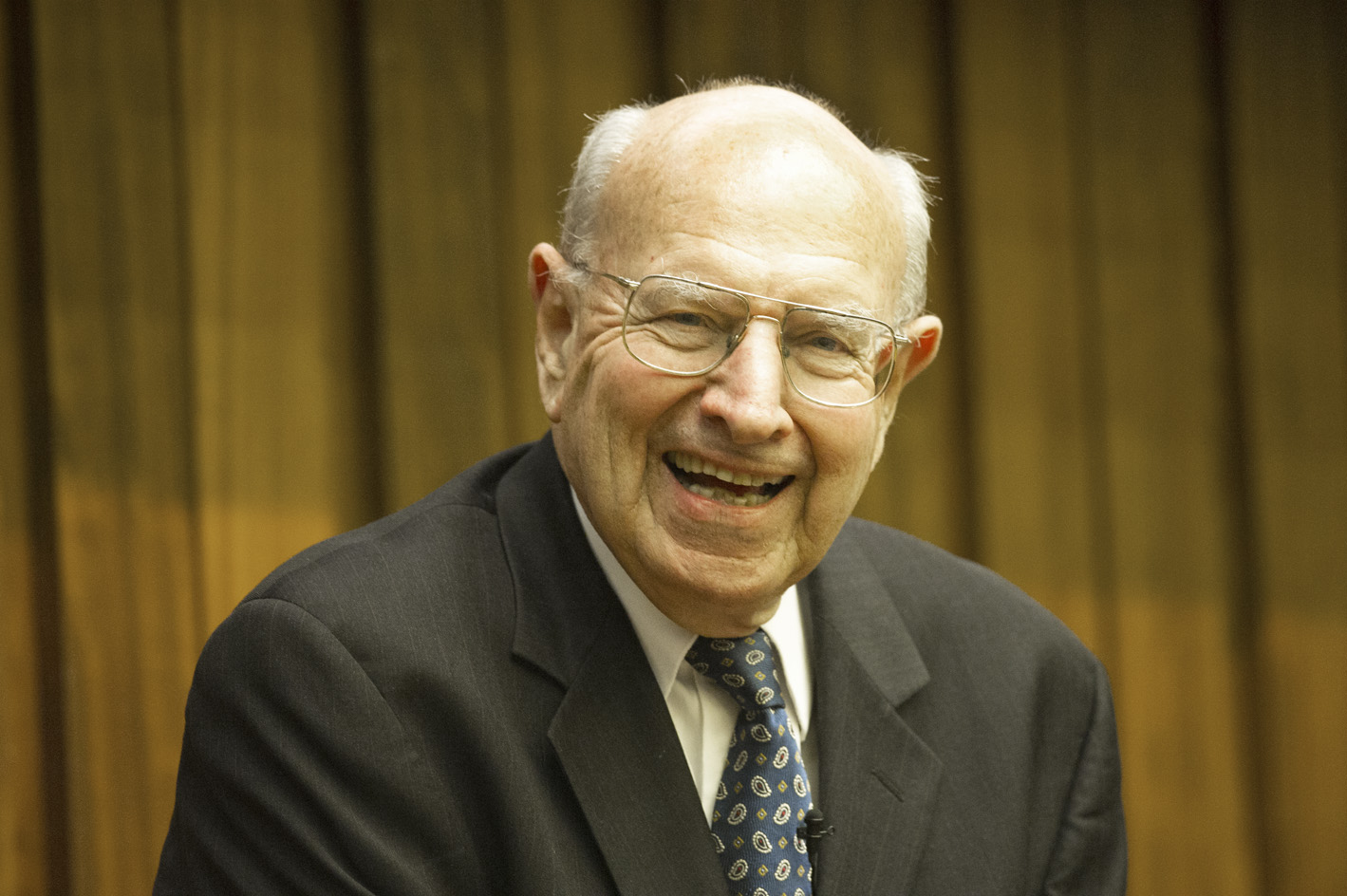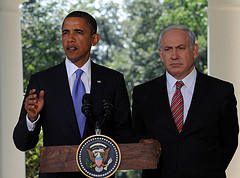
Geopolitics Inside the Tunnels: Israel and the Iran-Hamas duo are benefiting from the tragedy in Gaza
Hamas has been in power in Gaza – and democratically elected – since 2006. Hamas controls what comes in and out of Gaza through tunnels – more than 700 were reported in 2011. Hamas is not only the government, it is the organisation on which Gazans rely for schooling, health, housing and protection. Of course international organisations in Gaza play a large role in providing those services too, but Hamas is the overarching authority. Now that Hamas and other para-military organisations such as the Palestinian Islamic Jihad and Popular Resistance Committees, along with Salafi groups and even the al-Aqsa Martyrs Brigade are firing rockets at Israel intensely again, why are Gazans supporting them?

The Bride and the Dowry: Israel, Jordan, and the Palestinians in the Aftermath of the June 1967 War
On Wednesday 24th October, Oxford’s Dr Avi Raz delivered a talk at the DPIR in order to launch his new book, “The Bride and the Dowry: Israel, Jordan, and the Palestinians in the Aftermath of the June 1967 War”. The book – an expansion of his doctoral thesis – is a well-researched account of events surrounding one of the most important periods in the history of the Middle East: one which saw Israel secure a resounding victory over the Arab armies in the six day war, therein gaining territory 3 times the size of its nation and, after 2000 years, returning a united Jerusalem to Jewish authority.

Everyone knows Israel’s true capital
In international relations there is sometimes a situation of political make-believe whereby states conduct themselves in a manner that actively and consciously ignores reality. On some occasions this is warranted in order to avoid a crisis or mitigate conflict. And once relevant self-deception can become ingrained after time, even though its usefulness is debatable at best. Such is the case (or perceived to be) with Israel’s capital city. Israel’s capital is Jerusalem. The government is located there; so are the Supreme Court and the Bank of Israel. All are located in West Jerusalem, which is seen by the international community as part of Israel’s sovereign territory – and would almost certainly be so following a future peace agreement with the …

Ambassador Thomas Pickering on “the decade ahead: The US role in the world”
Last week the University of Oxford was fortunate enough to host Ambassador Thomas Pickering who gave the 2012 Fulbright Lecture on the topic of “The Decade Ahead: The US Role in the World”. It would have been difficult to find an individual more qualified for such a task, given the Ambassador’s highly successful four decade long career in the foreign service and considering that he is a man whose (deceptively, given his mental acuity) long life has been spent both in the study of international affairs and in the pursuit of the US’s interests and values within the world. His message comes at a poignant time, given the current academic fervour over the perceived decline of the US in the …

Obama must stand up to Netanyahu
Reposted here is my op-ed in today’s Independent on Obama’s meeting with Netanyahu. It is clear what kind of Israeli prime minister President Obama will be receiving at the White House today. Benjamin Netanyahu is a bellicose, right-wing Israeli nationalist, a rejectionist on the subject of Palestinian national rights, and a reactionary who is deeply wedded to the status quo. Nationalism has an in-built tendency to go to extremes and Netanyahu’s brand is no exception. A nation has been defined as ‘a group of people united by a mistaken view about the past and a hatred of their neighbours’. This definition fits the Likud leader on both counts: he has a selective and self-righteous view of his own country’s history and …
The elephant in the tent: social and political justice, Tel Aviv, August 2011: a response to Or Rosenboim
Tel Aviv has known many hot summers in its history. But 2011 will probably be remembered as an exceptionally burning summer, one in which the city was flooded by tents occupied by young middle class residents, protesting against the rise in the cost of living. As Or Rosenboim argues, these protests were characterised by the claim to “go beyond the political”, to ask for social justice, referring to the colloquial distinction between issues relating to security and defence, and particularly, the Israeli-Palestinian conflict, regarded as “the political”, and “the social”. I wish to argue that these protests are closely interlinked to questions of foreign policy even though they put in much time and effort to avoid them. In a video …
Beyond left and right: thoughts on the protest in Israel
Since mid-July Israel has been going through a season of turmoil and protest. Most significantly, here, unlike both the Arab Spring movements and the London riots, there has been a violence-free protest. It all began when a young woman, Daphni Leef, had to leave her flat so that her landlord’s son could move in instead. Instead of looking for a new flat, she moved to a tent in Tel Aviv’s main street, ironically named ‘Rothschield Boulevard’. Ms Leef’s protest was not only her own: soon her tent was joined by many others who also wished to protest against the high cost of living in Tel Aviv. Within three weeks the protest swept the entire country. In as many as 3,000 …
Ideology in Dance
As regular denizens of Oxford’s Centre for Political Ideologies (a research centre in the DPIR) know, unlike most branches of political theory and political philosophy, studying ideologies requires more than unpacking the canonical texts of great thinkers. Not always bad things (like totalitarianism or fundamentalism), ideologies occupy the space between ivory tower ideas and day-to-day politics and thus come in many forms – speeches, slogans and sermons. But even ideology-focused students, including your blogger, forget to look for political messages in more creative spaces. Like dance. Luckily this is what my Dphilling colleague Dana Mills, an accomplished dancer herself, focuses on most. Dana always urges me to look at the similarities between my word heavy work on liberalism and the …









